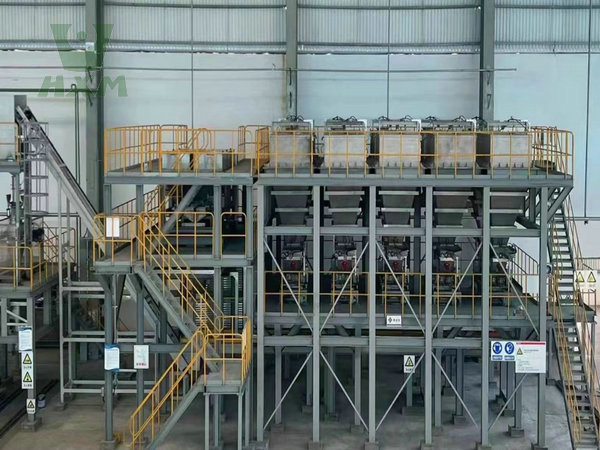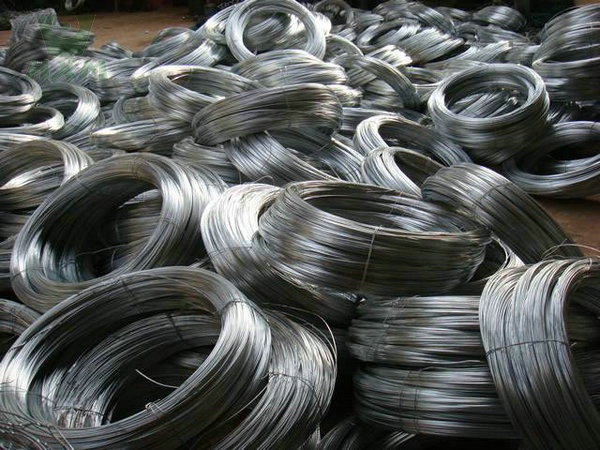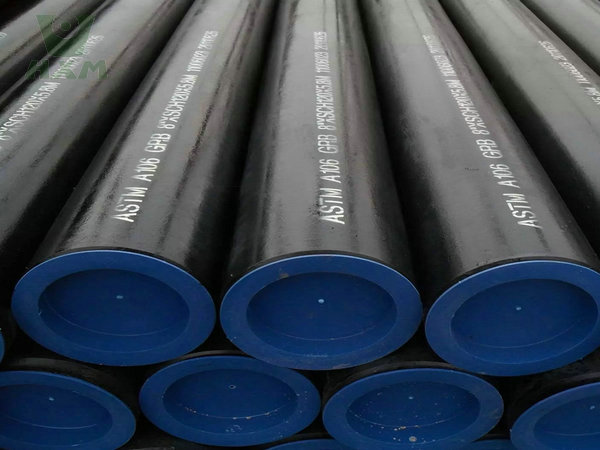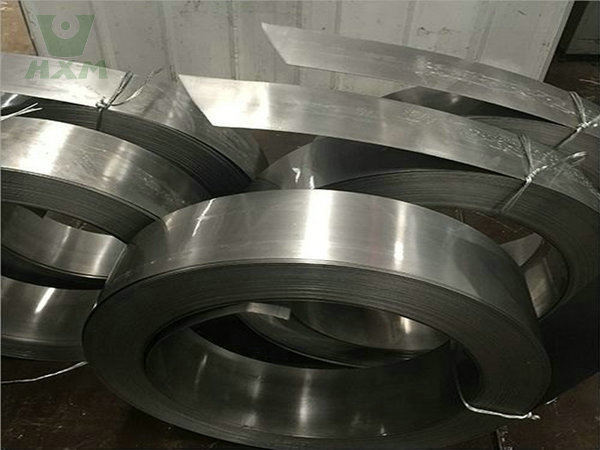In today’s demanding industries—from aerospace to chemical processing—the performance, safety, and efficiency of your project often depend on choosing the right alloy grades. With hundreds of options available, selecting the correct material is both a science and a strategic decision.Whether you’re sourcing materials for high-temperature environments, marine applications, or precision manufacturing, this guide helps you choose the right alloy grade for optimal performance, longevity, and cost-efficiency. Welcome to inquire and contact us about alloy.
In an era where precision engineering and material durability define industrial success, selecting the right alloy grade is not merely a technical decision—it’s a strategic advantage. Whether you’re designing aerospace components, medical devices, or heavy-duty machinery, the alloy you choose directly impacts product lifespan, safety, and profitability. This guide demystifies alloy selection, empowering you to make data-driven choices that resonate with quality-conscious buyers and engineers alike. Huaxiao Metal Manufacturer has the professional and experienced in processing alloy for sale, you can consult us by email or online questions.

What Is an Alloy and Its Purpose?
An alloy is a combination of two or more elements, typically metals, engineered to achieve enhanced properties such as:
Increased strength and durability
Improved corrosion resistance
Enhanced heat or wear resistance
Lower density or weight
Better machinability or formability
Alloys are used in virtually every critical industry: aerospace, oil & gas, medical, construction, automotive, and marine sectors. Selecting the right alloy can drastically impact a product’s lifecycle, safety standards, and maintenance costs.
Alloys – meticulously engineered combinations of a base metal (like Iron, Aluminum, Nickel, Titanium, or Copper) with carefully selected elements (Chromium, Nickel, Molybdenum, Vanadium, Silicon, etc.) – deliver transformative advantages. Our company has the good quality of products and good serives for every clients.
Key Factors to Consider When Choosing Alloy Grades
Mechanical Requirements
Evaluate the specific stress, strain, impact, and load conditions the material will undergo.
| Property | Why It Matters | Examples of Suitable Alloys |
|---|---|---|
| Tensile Strength | Load-bearing applications | Inconel 718, Stainless Steel 17-4PH |
| Hardness | Resistance to wear and deformation | Tool Steel, High Carbon Steel |
| Fatigue Strength | Repeated loading or cyclic conditions | Titanium Grade 5 (Ti-6Al-4V) |
- Yield Strength: Dictates load-bearing capacity.
- Example: Duplex stainless steels (e.g., UNS S32205) deliver 450–550 MPa yield strength—double that of 316L stainless steel—enabling lighter, stronger structures.
- Fatigue Resistance: Critical for dynamic loads.
- Solution: Alloy steels like 4340 (Ni-Cr-Mo) withstand cyclic stresses in aerospace landing gear.



Corrosion & Environmental Resistance
Select alloys based on the operating environment:
| Environment | Recommended Alloy Grades |
|---|---|
| Marine & Saltwater | Duplex 2205, Super Duplex 2507, Copper-Nickel 70/30 |
| Acidic or Chemical | Hastelloy C276, Inconel 625, 904L Stainless Steel |
| High Humidity | 316L Stainless Steel, Monel 400 |
Operating Temperature of Alloy Grades
Temperature resistance is crucial for heat exchangers, turbines, and combustion systems.
| Temperature Range | Recommended Alloys |
|---|---|
| Below 0°C (Cryogenic) | Stainless Steel 304L, Invar Alloy |
| 400–800°C (High-Temp) | Inconel Alloys, Nickel 625, Titanium Alloys |
| 800°C+ (Extreme Conditions) | Haynes Alloys, Ceramic-Metal Hybrids |
Fabrication and Weldability
Some alloys offer better machinability or weldability, reducing production time and costs.
| Requirement | Suggested Alloys |
|---|---|
| Easy Welding | Stainless Steel 304/316, Carbon Steel |
| Good Formability | Aluminum 6061, Brass, Austenitic Stainless |
| Heat Treatment Capability | Tool Steel, Precipitation Hardening Alloys |
Popular Alloy Grades and Their Industrial Uses
- Technical Expertise: 30+ metallurgists supporting material certification (ISO 9001, NACE MR0175).
- Custom Solutions: Tailored tempers, dimensions (Ø10–600 mm bars, 0.1–3.0 mm strips), coatings.
- Supply Chain Dominance: 18,000-ton monthly capacity + blockchain-tracked quality assurance.
| Alloy Grade | Main Properties | Typical Industries |
|---|---|---|
| 316L Stainless Steel | Corrosion-resistant, low carbon | Marine, Food Processing, Pharma |
| Inconel 625 | Heat & corrosion resistant | Aerospace, Nuclear, Offshore |
| Titanium Grade 5 (Ti-6Al-4V) | Lightweight, strong, corrosion-resistant | Aerospace, Biomedical, Military |
| Monel 400 | Saltwater-resistant, ductile | Marine, Oil & Gas, Chemical |
| Aluminum 7075 | High strength-to-weight ratio | Aviation, Automotive, Sporting Equipment |
Choosing the right alloy is only part of the equation. Working with a reliable supplier ensures:
Certified Mill Test Reports (MTCs)
Precision cutting, forging, and machining services
Expert material consultation for complex projects
Fast delivery and competitive B2B pricing
We offer a wide selection of high-performance alloy grades tailored to your industry needs.
In Conclusion
The wrong alloy can lead to equipment failure, costly maintenance, and project delays. But the right one boosts performance, extends life span, and ensures compliance with industry requirements.
By understanding the operating conditions and material properties, you can select the ideal alloy grade for any application. Need expert help? Contact us for personalized alloy recommendations and reliable sourcing options.
Contact our Materials Science Experts Today for a confidential consultation. Share your application details, and let us guide you to the ideal alloy solution that maximizes performance, minimizes risk, and drives your competitive advantage. Discover the difference precision material selection makes.
